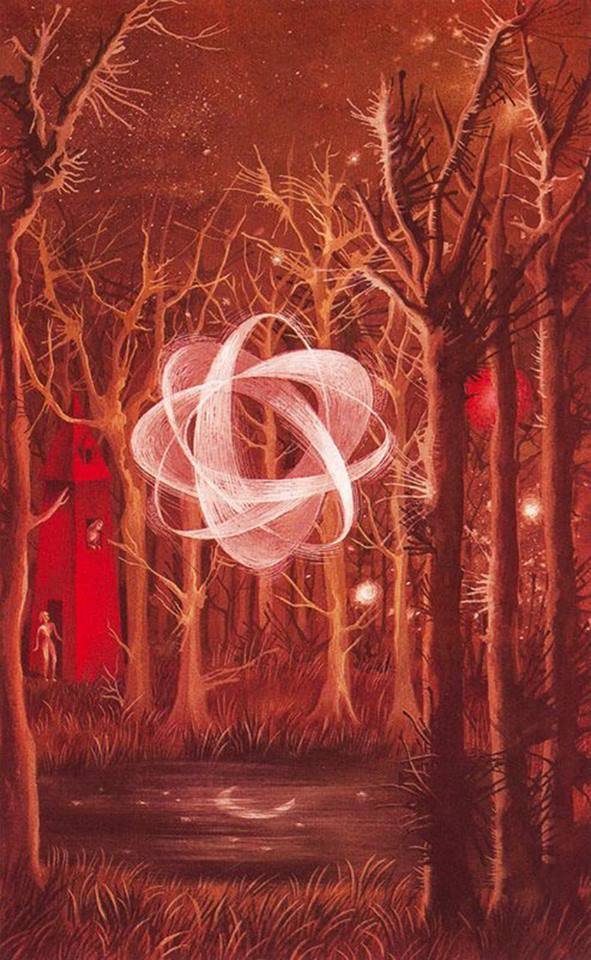Please join us for two talks drawn from the forthcoming book by Ronald Mendoza-de Jesús, Catastrophic Historicism: Reading Julia de Burgos Dangerously. This book sets out to reimagine literary history “after” historicism: what if, rather than approaching literary texts as reflecting the past “as it actually happened,” we expanded the historical dimension of literature beyond its capacity to illustrate an epoch? The book takes up this challenge in three different ways: 1. By theorizing literary history anew as a dangerous way of engaging with the literary archive. 2. By proposing a deconstructive genealogy of historicism, tracing its roots back to Aristotelian philosophy and diagnosing its recent reemergence in the work of theorists such as Frank Ankersmit and Hayden White. 3. By engaging with the literary modernism of Latin American authors Jorge Luis Borges and Julia de Burgos, whose poetry calls into question historicism’s understanding of time and history.
March 22
Dangerous Constellations: The Catastrophic Modernity of Julia de Burgos
In December 20, 1938, Julia de Burgos, a twenty-four year old poet and political activist in the Puerto Rican independence movement, published her first poetry volume, Poema en 20 surcos (Poem in 20 Furrows), launching a short but intense poetic career that would culminate with her consecration as Puerto Rico’s “national poet” after her tragic death in New York City in 1953. To this day, de Burgos’s reception has largely unfolded according to the concept of tradition that Walter Benjamin calls “catastrophe:” her “enshrinement as heritage” has reduced her image to the status of “spoils” that Puerto Ricans of many intellectual and ideological persuasions carry along in an ethno-nationalist “triumphal procession” in anticipation of the island’s eventual attainment of sovereignty. This talk constitutes an attempt to interrupt the unfolding of this catastrophic tradition by attempting to draw a Benjaminian “constellation” between our now and de Burgos’s past through a reading of three key poems in Poema en 20 surcos: “A Julia de Burgos” (“To Julia de Burgos”), “Íntima” (“Intimate”), and “Ay ay ay de la grifa negra (“Ay ay ay of the Griffe Negresse”).” My reading makes the case for de Burgos’s status as the poet of (Puerto Rican) modern life. De Burgos’s modernism unfolds through a poetics of intimate ipseity that requires rescuing a pure phenomenological experience of the somatic from the alienated, fungibility that inheres in the sarx or the flesh. The speaker’s utopian response to modernity entails the symbolic enactment of modalities of violence and abjection that remain illegible within the tradition of her reception, which has only glimpsed in her triumphant embodied/gendered ipseity its own idealized imago. By exposing these modalities of violence at work in her modernist poetic debut, this talk attempts to bring to crisis the dominant schemas that lend intelligibility to Puerto Rico in the present, inviting us to see the emergence of our own now in de Burgos’s catastrophic response to modern catastrophe.
March 23
History after Historicism: Cosmopoetics, Ipseity, Danger
The task of this talk is to transform the conceptual premises of the ongoing theoretical debate about historicism by arguing that the common definition of historicism as a realism is reductive and misleading. Engaging with philosophers and theorists from Aristotle to Walter Benjamin, Jacques Derrida, Werner Hamacher, and Frank Ankersmit, the talk argues that historicism is at its core a transcendental correlationism that grounds the possibility of historical knowledge in the historian’s intrinsic faculty to produce narratives that, like a Leibnizian plenum, constitute a world without gaps. After redefining historicism as a transcendental cosmopoetics through a reading of Ankersmit, Hamacher, and Aristotle, the talk then sketches a non-historicist concept of historicity by turning to two limit “modal” concepts—ipseity and danger, respectively elaborated by Derrida and Benjamin. Derrida’s later conception of ipseity in general as an economic category that thematizes the indissociability of self-reference, mastery, and possibility not only clarifies the metaphysical decisions that instituted the possibility of historicism; it also opens the door to an interpretation of Benjamin’s motif of historical danger as a modal category in which the past is experienced not as a secure possession of the historian but in the mode of radical contingency, that is, as a possibility that is only possible qua im-possible.

